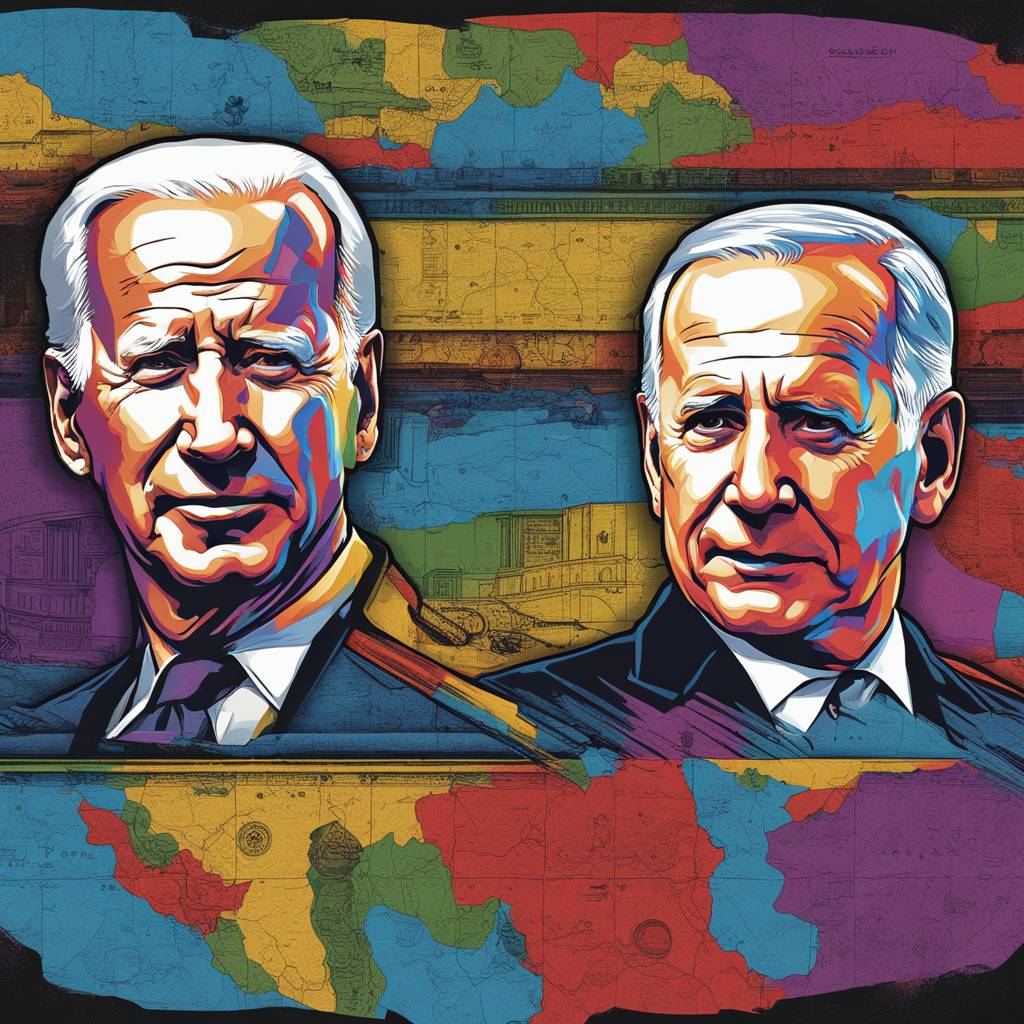The rift between Israeli Prime Minister Benjamin Netanyahu and President Joe Biden deepened when Netanyahu canceled a planned delegation to Washington after the US abstained from a UN Security Council resolution calling for an immediate ceasefire in Gaza. American officials had intended to offer alternatives to a potential full-scale ground invasion by Israel in Rafah to prevent a humanitarian catastrophe. Netanyahu’s decision to cancel the talks was seen as an overreaction by the White House, possibly driven by domestic political concerns. This move highlighted the strained dynamic between the US and Israel.
The cancellation of the delegation came at a critical moment as Biden’s patience with Netanyahu wore thin, and US influence over Israel’s decision-making appeared to diminish. Calls for an end to the conflict in Gaza have come from various US political figures, and even former President Trump urged Israel to finish the war and seek peace. Biden faced a delicate position, as Netanyahu’s rejection of the alternatives offered by the US could potentially strain American support for Israel.
Despite ongoing discussions between the US and Israel regarding a ceasefire, Netanyahu’s intent to launch a major ground offensive in Rafah has raised concerns of a humanitarian disaster. American officials have warned against Israel’s plans and insisted on a credible strategy to protect the Palestinian civilians in the area. Pressure is mounting on both the US and Israel to find a solution as US officials doubt the feasibility of a plan that guarantees civilian safety amid the destruction in Gaza. Israeli actions in Rafah could have diplomatic and humanitarian consequences.
The Biden administration has warned Israel of potential international isolation if the humanitarian crisis in Gaza worsens due to a prolonged conflict. Biden’s proposal for talks with Israel aimed to find a constructive approach to shaping Israel’s war plans, suggesting alternatives to avoid a full ground invasion in Rafah. Netanyahu, however, remained skeptical of non-invasion strategies and insisted that entering Rafah was necessary to defeat Hamas. Negotiations for a ceasefire and hostage release were in progress, but the possibility of an Israeli offensive in Rafah could derail these talks, prompting urgency in finding viable alternatives.
As the US and Israel continue discussions on the conflict in Gaza, uncertainties remain regarding Israel’s intentions in Rafah. American officials have emphasized the need for a targeted military operation focused on high-value Hamas targets and securing the Egypt-Gaza border to prevent weapons smuggling. Concerns over humanitarian aid delivery and possible tensions with Egypt due to a Rafah operation loom large. The US is contemplating diplomatic consequences and conditioning military aid to Israel based on its actions in Gaza. The delicate balance between supporting Israel and addressing the humanitarian crisis in Gaza presents a challenge for the Biden administration.


